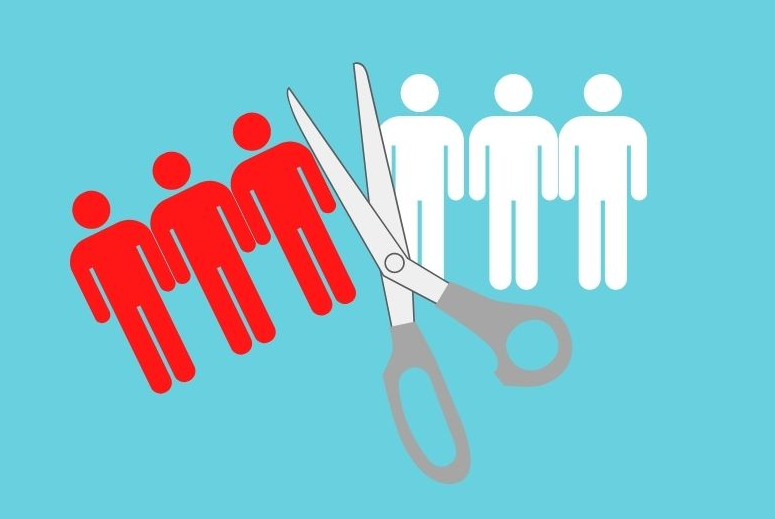Layoffs are tough at any time. But with the current Pandemic, the entire world has seen a rise in the number of organisations laying off people. The economy is down and new jobs are hard to come by. A job loss it that much more difficult in the current situation. More and more leaders are forced to hand out pink slips to their employees.
Losing a job is always hard on an employee. But countless managers also have sleepless nights before and after laying off a team member.
Some level of preparation for handling layoff can help both a leader and the employee being laid off manage this better.
Manage and prepare yourself
- Review your decision: Evaluate if you have any other alternative to layoffs. Layoffs are usually rooted in cost reductions. Consider if this is the only way to reduce cost? Is there some other way to meet your requirements? How long do you anticipate the need to cut cost? Is there any other way you could tide over? Proceed with layoffs only if there is no other option. If short term loss can be managed it is better to do that than impact the people who work for you.
- Understand your own emotions: When laying off employees it is natural for a manager to have feelings of guilt, sadness, and even failure. Take a moment to label what you are feeling and why. Your feelings may be rooted in guilt for taking away someone’s livelihood. Or you may be feeling personally responsible for not having built a stronger business to withstand the pandemic. Understand that these are times that no one could have anticipated. It may not be the employee’s fault but it is also not yours.
- Make peace with your decision: Do what you need to to take care of yourself. If you need to vent to a friend or colleague do so. If you need professional support reach out to a professional. Ensure basic wellness practices like sleeping well, eating well, meditating and exercising. Forgive yourself and make peace with your decision.
- Evaluate support options for the employee: Review your resources and list the support options that you can offer to the employees being laid off. This could be in the form of recommendations, severance packages, connects or interview referrals.
Manage the layoff
- State facts: During the layoff meeting be open and honest with the employee. State the message clearly and directly. Don’t beat about the bush. It is recommended to have another person from HR and/or Legal present to support you. It is preferred if the message should come from you especially if you have a history of working with the person. If the layoff is not because of the employee’s performance be sure to state that clearly. The most common question an employee asks when they get laid off is, “Why me?”. Try and answer this in the clearest way possible. Do not drag on the meeting. Stick to the time and keep it short.
- Be empathetic: For some employee loss of a job will have a financial impact extending beyond them to their families. Even when the impact is not financial the person may experience feelings of betrayal, failure, shame, anger and loss. Be empathetic and give space to the person to deal with their emotions. If the person needs time to come to terms with the decision allow them that. Be sensitive to feelings and do not make light of them. If required reschedule the meeting for a later time or date.
- Offer help but don’t over commit: Respectfully offer to help the employee to the extent that you can. If you have contacts, resources or recommendations that will be useful to the employee offer it to them. Allow the employee the choice to decide if they want to use the resources you are offering or not. Do not take offence if someone does not take your help. On the other hand, be mindful not to over-commit in the desperation to make yourself look good or to deal with your own guilt.
- It’s not about you: In the heat of the moment, the employee may react badly, get angry and even call you names. It is important that you not take it personally. Maintain a calm demeanour. Ask for help from the HR or the security if needed to ensure your physical safety. Do not move the focus of the meeting to yourself by saying things like” This is hard for me too”. While it may be hard for you it is way harder for the person losing the job. Keep the focus on the next steps and on moving forward.

